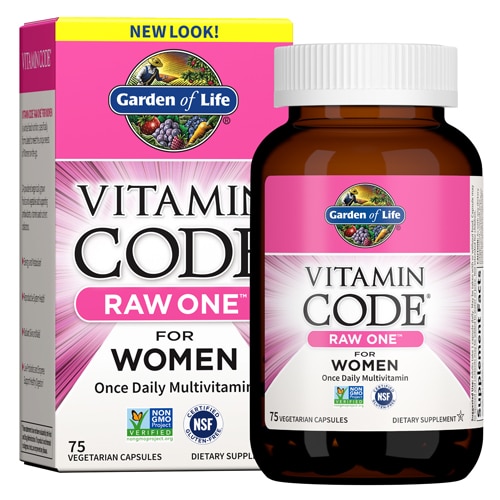Even though I am a committed label reader, I just learned that almost all vitamin C sold in the United States is manufactured in China. It turns out that because the United States does not require country-of-origin labels for any of our drugs, foods or supplements, it’s hard to discern exactly where the vitamin you are taking came from. Kind of shocking, isn’t it?
Without being xenophobic, there’s something reassuring about buying supplements and personal care products that are made in America. For one thing, it’s easier to research the company and verify their transparency around manufacturing and supply chain issues. Often, ingredients outside of the U.S. are subject to other standards and regulations, most noticeably testing on animal requirements for personal care products.
So with July fourth less than a week away, it’s a good time for citizens to take stock regarding their consumer consciousness. America is going through something of a learning curve as it repositions itself as having the competitive advantage. We might not necessarily manufacture the cheapest products, but quality has become increasingly critical.
A big motivator these days for a Made in the USA label quality and safety. In 2012, Perception Research Services International, conducted a study that found that four out of five shoppers notice a “Made in the U.S.A.” label on packaging, and 76 percent of them said they would be more likely to buy a product because of the label.
Today, global supply chains are more visible and customers have more access to information about companies, products or countries. Consumers are savvier about ingredients and techniques as well as work ethics and safety standards.
For a refresher, here is a quick list of the dangers of a globalized supply chain for food and drugs: food safety problems; new contaminants; counterfeit drugs and vitamins; medicines and supplements with misrepresented ingredient concentrations; and a number of high-profile adulteration cases.
Here is a roundup of three good reasons to seek out a “Made in the U.S.A.” label.
Quality
The risks of poor quality rise as supplement companies go further abroad. Companies endanger their productivity and reputation through import detentions, publication of GMP inspection reports, product recalls and consumer injury litigation.
The website healthychild.org states, “Be extra cautious about supplements manufactured outside the United States. Herbal products from some European countries and elsewhere are highly regulated and standardized, but toxic ingredients and prescription drugs have been found in supplements manufactured elsewhere, particularly China, India and Mexico.”
Safety
The F.D.A. requires that companies verify that every supplement they manufacture is safe and accurately labeled. But the system essentially operates on the honor code. One thing you can look for, however, is for a Good Manufacturing Practices seal. By purchasing a supplement without this certification, a consumer may be risking their health. Garden of Life, for example, has an extensive page on their website devoted to GMPs.
Cost
It used to be that that the "Made in the U.S.A." label carried a premium price tag. As production and shipping costs in China and other foreign manufacturing centers rise, producing supplements in the U.S. doesn’t necessarily mean that manufacturers have to raise prices to compensate for higher labor costs. Above all, good value means a safe, quality product that you can trust—not just the cheapest brand.




